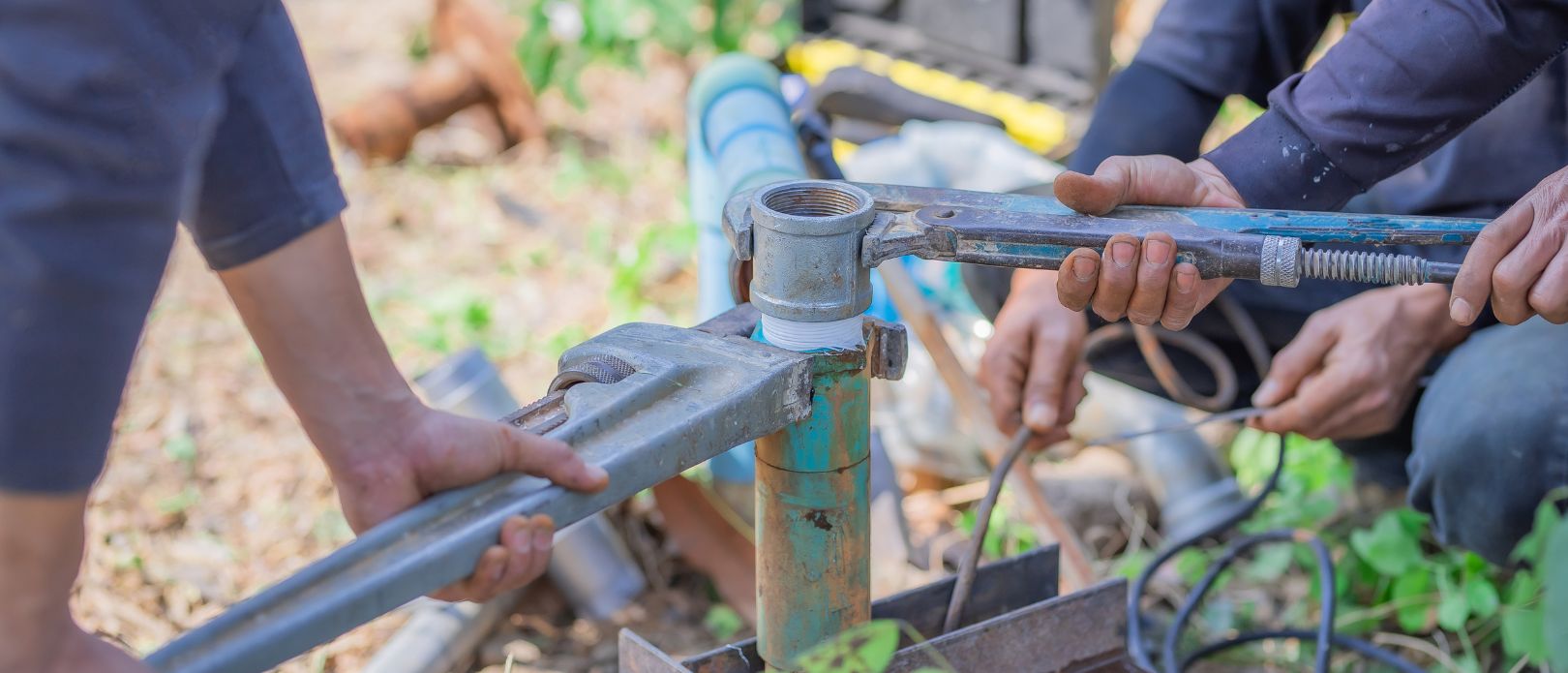- Moisture recycling governance
- Moisture tracking model
- Land use and land cover change
- Forest-agriculture dependence
- Stewardship of precipitation
Agnes Pranindita studies ways in which moisture recycling connects distant regions and intertwines aspects of human livelihood
Pranindita’s research looks at ways to integrate the concept of moisture recycling into land use governance. Moisture recycling processes embedded in a social-ecological system suggests that the impact of land use and land cover transition is not solely limited to changes in moisture availability and transport. The social and economic implications of the changes in moisture balance may reveal that sources and sinks of moisture are all the more entangled.
Pranindita’s research aims to advance the understanding of moisture recycling’s role in connecting aspects of human livelihood at different scales as well as in different sectors, and how this role may influence future land use governance.
Pranindita holds an MSc degree in Earth and Environment, specializing in Hydrology and Water Resources from Wageningen University and Research, the Netherlands, and a BASc in Process Engineering and Food Technology from De Haagse Hogeschool, the Netherlands.
Prior to her PhD, she was a research assistant at the Stockholm Resilience Centre for the Ripples of Resilience project. The objective of the project was to explore the refinement of the water planetary boundary and the pathways to navigate the achievement of SDG’s within the proposed boundary.



.jpg)
.jpg)
